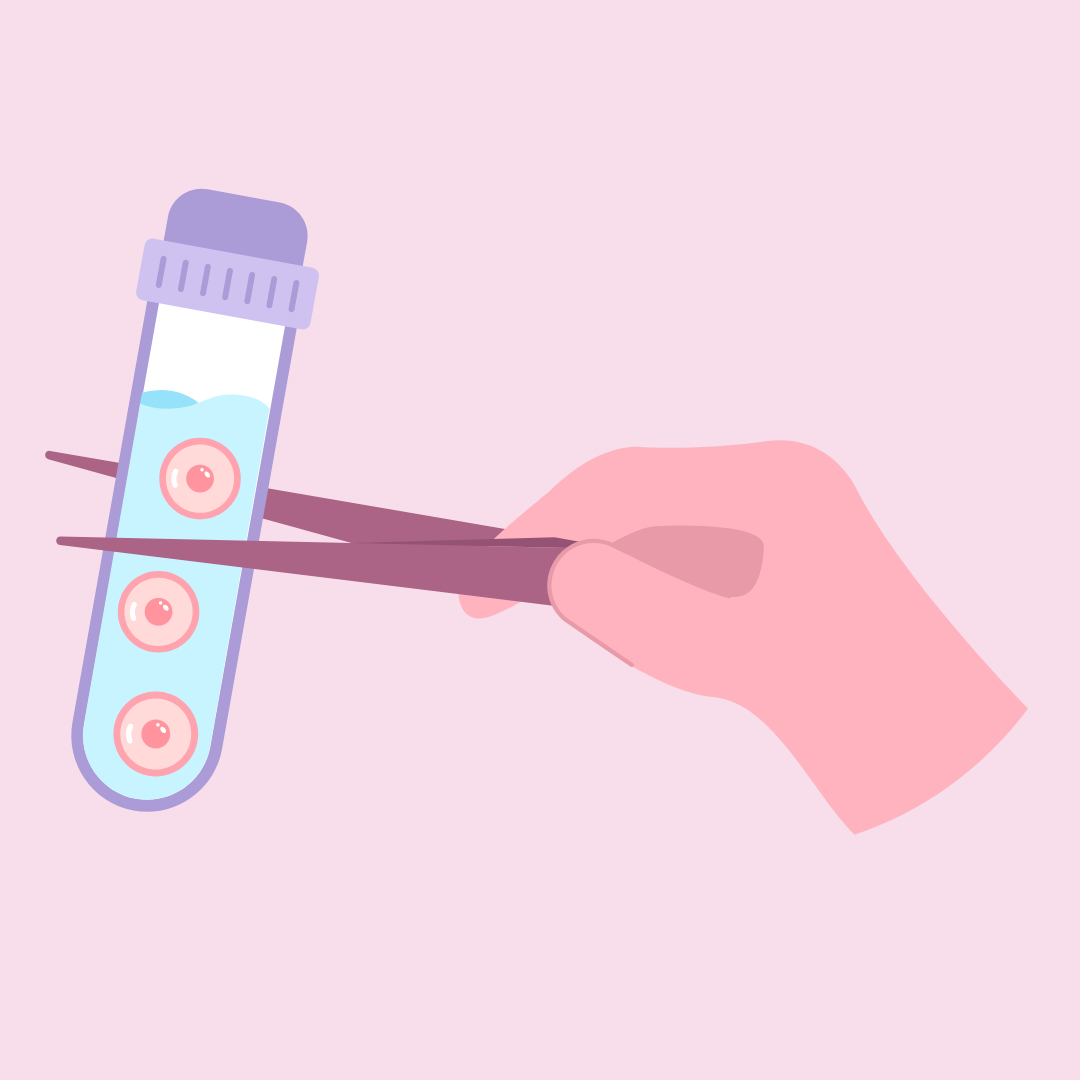Egg Donation: A Victory for Reproductive Justice or Another Handmaid’s Tale?
By Chantal Bittner,
Bill of Health
| 02. 04. 2025
Before the United States election in 2024, Margaret Atwood shared a cartoon illustrating the handmaids from her dystopian novel entering a polling booth in their unmistakable red cloaks and white bonnets. Having voted, they transform into unique individuals, discarding the attire symbolizing their reproductive enslavement.
One of the central topics of the election campaign was undoubtedly abortion—a key issue in the fight for reproductive justice. However, reproductive justice encompasses far more than abortion. The egg donation industry has expanded into a multi-billion dollar market. While altruism frequently frames their actions, financial incentives are central to attracting many young women to donate—really, sell—their eggs. Upon closer examination, egg donors play a subordinate role despite being essential for the market to function. This post explores the egg market in the U.S. and Europe, shedding light on its implications for the reproductive rights of third parties involved in the process.
The U.S.: A free market model
In the U.S., egg donation operates as an unregulated free market. Compensation varies widely, reaching up to $250,000 in exceptional cases, with an average payment of approximately $7,000. Efforts by the American Society for Reproductive Medicine (ASRM) to regulate this market through guidelines capping payments failed: ASRM attempted to limit donor remuneration to $10,000. However, two donors sued ASRM, claiming the guidelines violated U.S. antitrust laws by constituting price-fixing. In 2015...
Related Articles
By Diaa Hadid and Shweta Desai, NPR | 01.29.2026
MUMBRA, India — The afternoon sun shines on the woman in a commuter-town café, highlighting her almond-shaped eyes and pale skin, a look often sought after by couples who need an egg to have a baby.
"I have good eggs,"...
By Steve Rose, The Guardian | 01.28.2026
Ed Zitron, EZPR.com; Experience Summit stage;
Web Summit 2024 via Wikipedia Commons licensed under CC by 2.0
If some time in an entirely possible future they come to make a movie about “how the AI bubble burst”, Ed Zitron will...
By Arthur Lazarus, MedPage Today | 01.23.2026
A growing body of contemporary research and reporting exposes how old ideas can find new life when repurposed within modern systems of medicine, technology, and public policy. Over the last decade, several trends have converged:
- The rise of polygenic scoring...
By Daphne O. Martschenko and Julia E. H. Brown, Hastings Bioethics Forum | 01.14.2026
There is growing concern that falling fertility rates will lead to economic and demographic catastrophe. The social and political movement known as pronatalism looks to combat depopulation by encouraging people to have as many children as possible. But not just...




